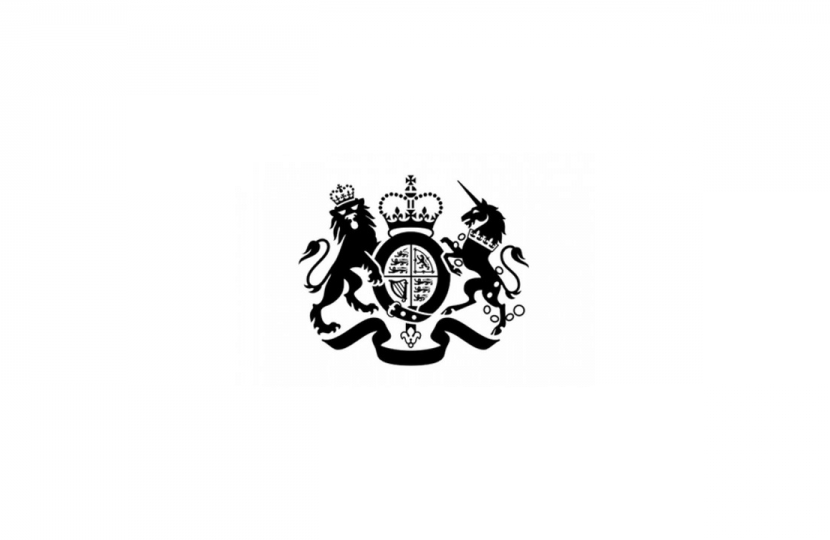
Dear colleague,
Commercial Rent (Coronavirus) Bill
We are writing to inform you that the Government introduced the Commercial Rent (Coronavirus) Bill (“the Bill”) on Tuesday 9th November. The policy statement, published 4 August, can be found here. The main purpose of the Bill is to help mitigate the economic shock of the pandemic by facilitating a swift return to a normal market, while protecting viable jobs and businesses. The total commercial rent shortfall accrued over the pandemic is estimated at over £6bn, as of October 2021. The Bill will be an important tool in supporting landlords and tenants in resolving disputes regarding this pandemic-related rent debt.
The Bill will do two things:
1. it will ringfence rent debt accrued by tenants forced to close as a result of COVID-19 business measures. The rent debt will be ringfenced from March 2020 onwards until the end of the trading restrictions for the relevant sector;
2. it will also set out the process of binding arbitration, which is to be undertaken as a last resort, between landlords and tenants who are unable to resolve disputes through negotiations. The Bill extends to England and Wales, and to Northern Ireland and Scotland for limited provisions. The Bill applies in England and Wales, while Northern Ireland will have a power to introduce similar measures.
The Bill follows a Call for Evidence, launched in May 2021, that gathered data from businesses, landlord groups, lenders and investors on the state of negotiations between commercial landlords and tenants regarding these outstanding rent arrears, as well as ongoing lease terms.
The Bill aims to provide certainty to both tenants and landlords by setting out a plan to encourage the resolution of these debts, ensuring that those with the means to pay rent will be required to do so while giving support to those who need it the most. This will also mean a return to normal contractual arrangements for those tenants not affected by closures, and for any debts accrued outside of the ringfenced period. This Bill is an essential addition to other measures introduced by the government to mitigate the economic effects of the pandemic, including the unprecedented package of financial support, and will aim to protect viable businesses and jobs, ensuring an equitable outcome for both tenants and landlords.
Alongside introducing the Bill, we have also published an updated Code of Practice for commercial landlords and tenants, which can be found here. This outlines the policy within the Bill, including the principles upon which the binding arbitration will be based upon. These principles of negotiation will also be applicable to businesses outside the scope of the Bill, but who have also been adversely impacted by the pandemic, such as supply chain businesses. The updated Code of Practice continues to encourage negotiations between tenants and landlords on outstanding rental disputes. We look forward to working with you on this Bill over the coming months. If you have any questions, please do contact Minister Paul Scully and Minister Neil O’Brien.
If you are interested in meeting to discuss the measures within the Bill, we would welcome your engagement. Sorting out commercial rent debts is key to enabling businesses to plan ahead with certainty and ultimately build back better from the pandemic. We welcome ongoing negotiations between landlords and tenants about accrued rent as we continue to recover from the pandemic. To support these, this new backstop of arbitration will help businesses and tenants to resolve pandemic-related disputes and return to normal, preserving jobs and livelihoods as we build back better.

